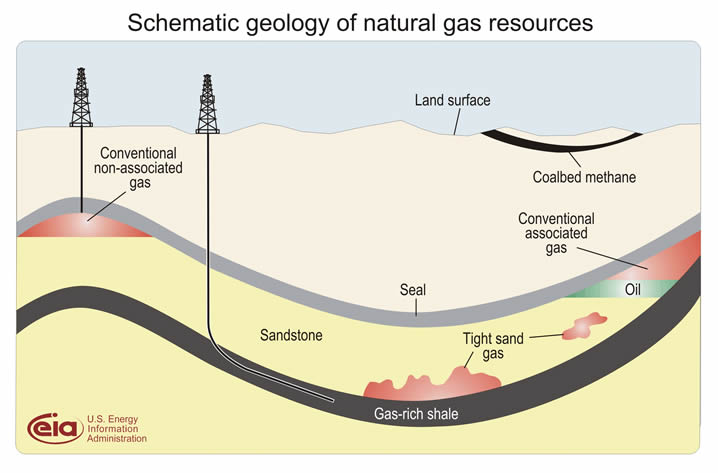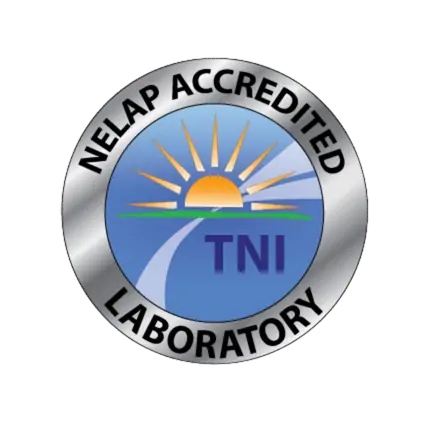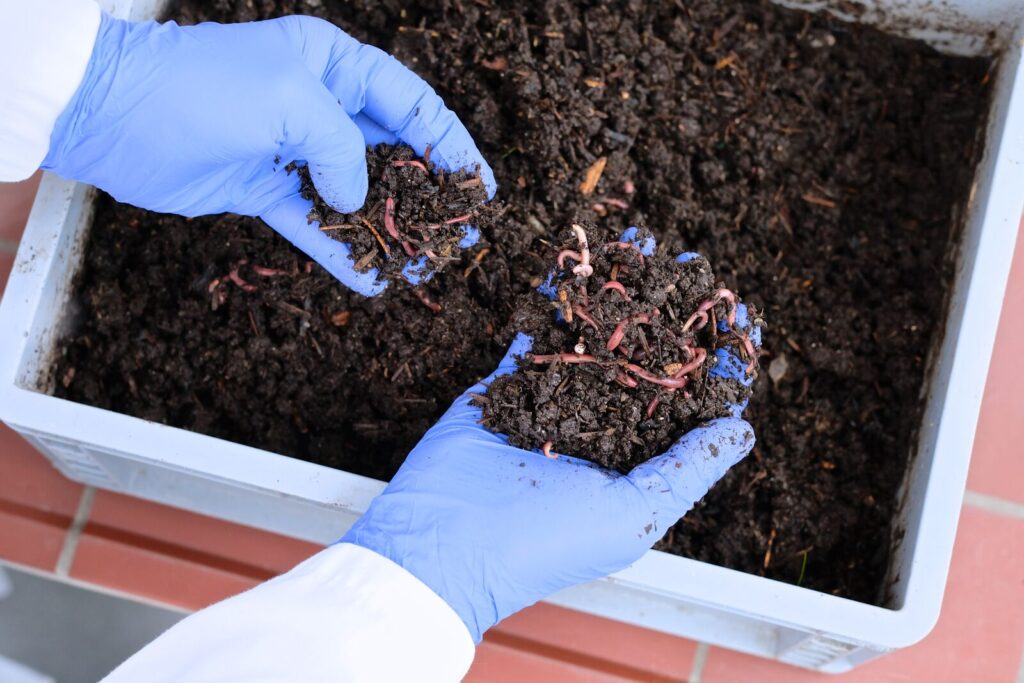Baseline Water Quality Assessment
Protecting Groundwater Resources Before, During, and After Fracking
As the oil and gas industry continues to expand, many deposits are slated for horizontal hydraulic fracturing (fracking) operations. While these reservoirs are often located at significant depths, the drilling process invariably intersects with groundwater aquifers. To safeguard the integrity of these vital water resources in areas where hydraulic fracturing is planned, comprehensive baseline water quality assessments are essential. Teklab, Inc. provides accurate, reliable, and legally-defensible baseline water quality assessments.
💧 Importance of Water Quality Monitoring:
- Pre-Operation Baseline: Establishing water quality parameters prior to drilling activities provides a crucial reference point.
- Ongoing Monitoring: Continuous assessment during extraction operations allows for real-time detection of potential impacts.
- Post Operation Evaluation: Analysis after the completion of oil and gas activities helps identify any long-term effects on water quality.
- Regulatory Compliance: Many states mandate water quality testing as a prerequisite for obtaining permits related to various phases of oil and gas extraction.
Teklab is committed to helping our clients comply with all applicable federal, state, and local regulations.
Why is a Baseline Water Quality Assessment Crucial?
A comprehensive baseline water quality assessment is a critical first step in responsible hydraulic fracturing operations. It provides a scientifically sound foundation for:
- Protecting Groundwater Resources: Establishing a baseline allows for the detection of any changes in water quality that may occur after fracking operations begin.
- Ensuring Regulatory Compliance: Many jurisdictions require baseline water quality assessments as part of the permitting process for hydraulic fracturing.
- Minimizing Environmental Liability: By documenting pre-existing conditions, you can protect yourself from unwarranted claims of contamination.
- Building Public Trust: Demonstrating a commitment to environmental stewardship can help build trust with local communities.
- Optimizing Monitoring Programs: Baseline data helps to design effective and targeted post-fracking monitoring programs.
Without a baseline assessment, it is impossible to definitively determine whether any changes in water quality are due to fracking operations or pre-existing conditions.
Teklab’s Comprehensive Baseline Assessment Services
Teklab offers a complete suite of services to support your baseline water quality assessment needs:
- Sampling Plan Development: We work with you to develop a customized sampling plan that meets your specific needs and regulatory requirements. This includes identifying appropriate sampling locations, frequencies, and parameters.
- Sample Collection: Our experienced field technicians collect water samples using industry-best practices to ensure the integrity and representativeness of the samples.
- Laboratory Analysis: Our certified laboratory performs a wide range of analyses to characterize the water quality, including inorganic constituents, organic compounds, and microbiological parameters.
- Data Validation and Reporting: We carefully validate the analytical data and prepare a comprehensive report that summarizes the findings and compares them to applicable water quality standards.
- Statistical Analysis: We can perform statistical analysis of the baseline data to identify any trends or patterns that may be relevant to future monitoring efforts.
- Expert Consultation: Our team of environmental scientists and hydrogeologists can provide expert consultation on all aspects of the baseline assessment process, from planning to interpretation of results.
Standard Water Quality Parameters:
Our laboratory conducts thorough analyses of the following key parameters:
- Dissolved Methane: Sample: 40 ml vial preserved with HCl. Significance: Indicator of potential gas migration.
- BTEX (Benzene, Toluene, Ethylbenzene, Xylenes): Sample: Two 40 ml vials preserved with HCl. Significance: Volatile organic compounds associated with petroleum products.
- General Chemistry Panel: Sample: One liter plastic container. Parameters: pH, Alkalinity, Specific Conductance, Total Dissolved Solids, Chloride, Sulfate, Nitrite. Significance: Provides overall water quality profile and potential indicators of contamination.
- Nitrate: Sample: 250 ml plastic container preserved with H2SO4. Significance: Important nutrient that can indicate surface contamination.
- Metals Panel: Sample: 250 ml plastic container preserved with HNO3. Elements Analyzed: Arsenic, Barium, Calcium, Chromium, Iron, Magnesium, Selenium, Cadmium, Lead, Manganese, Mercury, and Silver. Significance: Detects potential heavy metal contamination and changes in mineral composition.
These comprehensive analyses enable stakeholders to establish a robust water quality baseline, monitor changes during extraction, assess post operation environmental impacts, and ensure regulatory compliance.
We have new state-of-the-art laboratory facilities and an experienced team of analysts that are committed to providing accurate, timely, and actionable data to support responsible resource extraction— while protecting vital groundwater resources. Contact us today to discuss your baseline water quality assessment needs and receive a customized proposal.
Our team of experts is ready to help you protect groundwater resources and ensure the responsible development of oil and gas resources.






